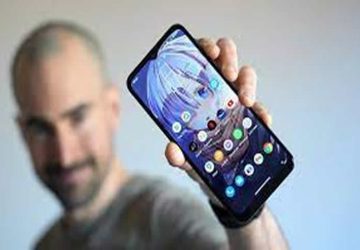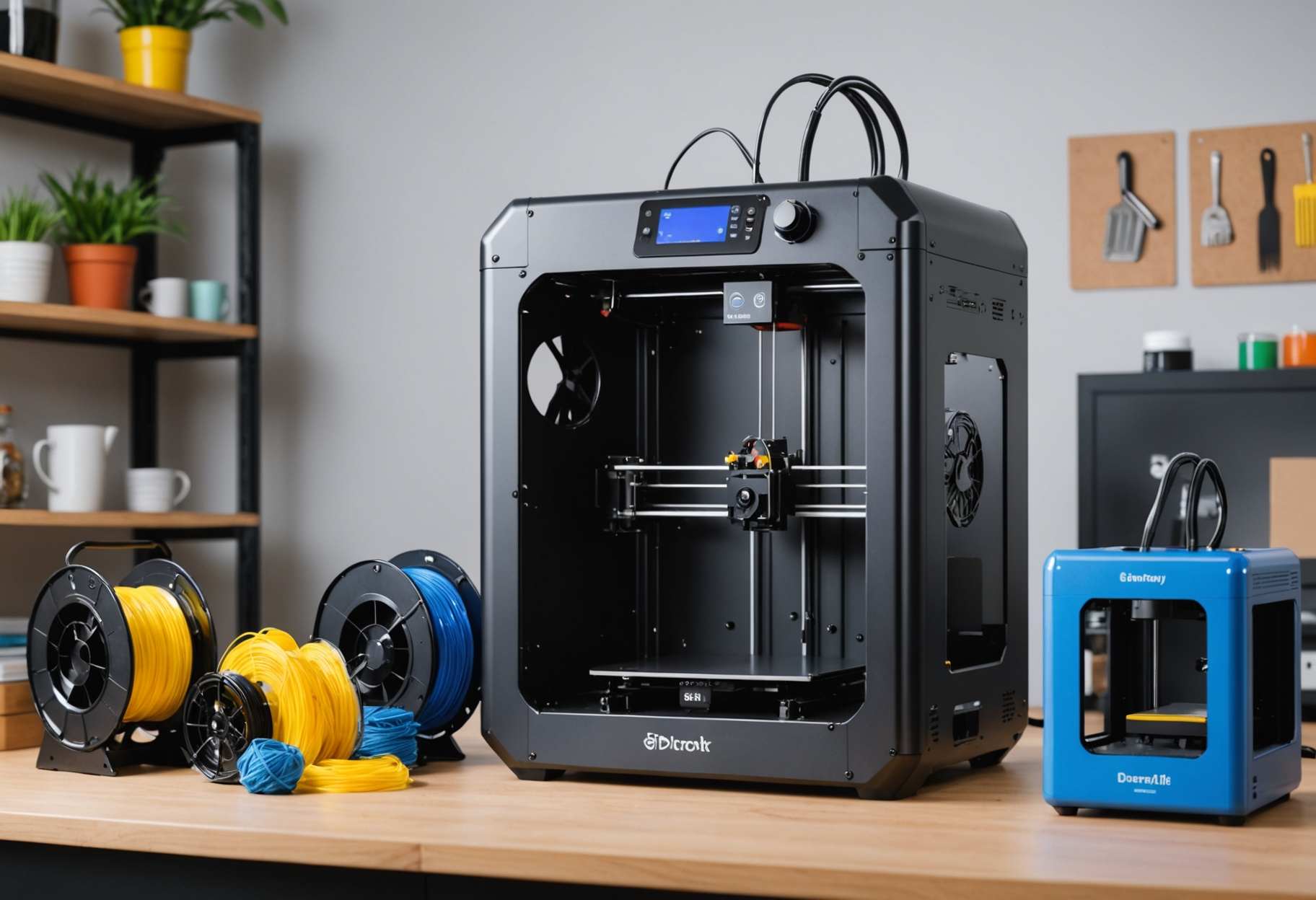What's the Fate of 5G Innovation?
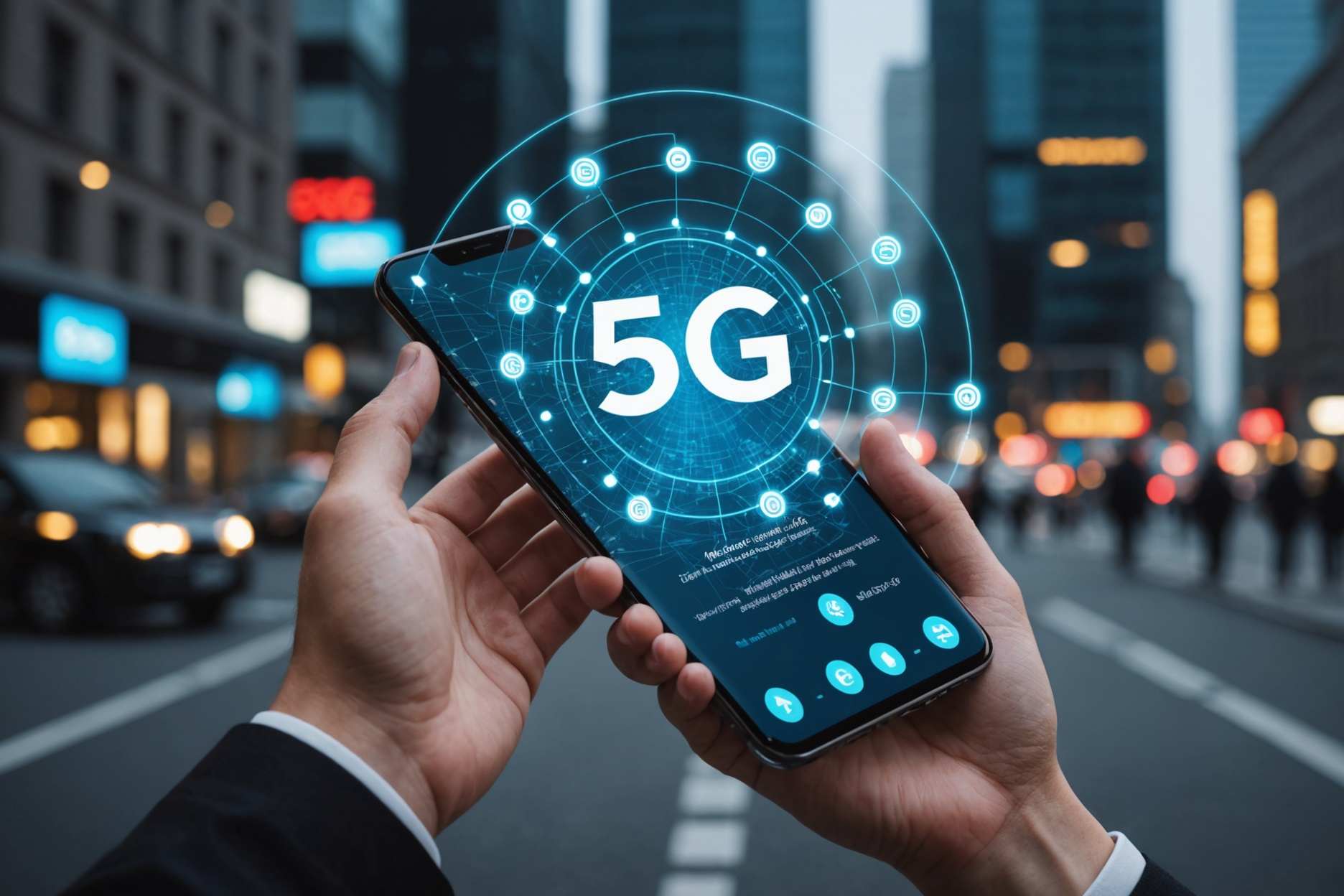
The fate of 5G innovation vows to alter how we associate, impart, and communicate with our general surroundings. As the up and coming age of remote innovation, 5G is set to bring extraordinary rates, lower idleness, and the capacity to consistently interface countless gadgets. Beneath, we investigate four possible future applications and effects of 5G innovation that could change different parts of our lives.
1
"Improved Portable Broadband"
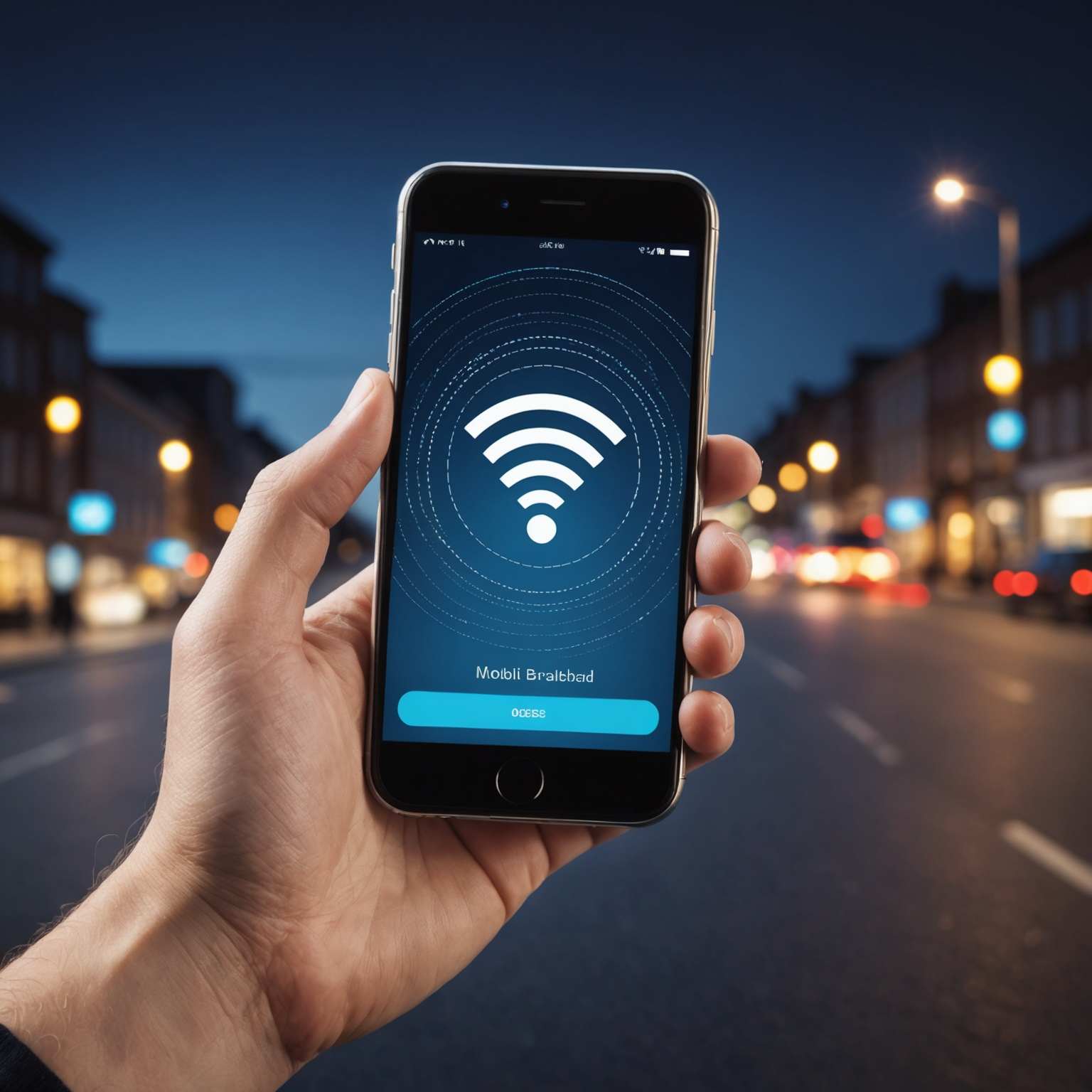
One of the most quick and recognizable effects of 5G innovation will be on versatile broadband. 5G vows to convey download speeds up to multiple times quicker than 4G LTE, which will fundamentally improve the versatile web insight. This jump in speed will empower consistent web based of super top quality video content, quicker downloads, and more responsive gaming encounters on cell phones. Past amusement, upgraded portable broadband will uphold more proficient remote work and schooling by empowering excellent video conferencing and cooperation apparatuses without slack or interference. With the capacity to deal with additional information and more clients all the while, 5G will likewise work with the organization of new applications and administrations that require high data transmission, like computer generated simulation (VR) and expanded reality (AR) encounters, offering vivid and intelligent substance in a hurry. Generally, the improvements in portable broadband given by 5G will alter how we consume media and associate with one another, making fast web available in additional spots than at any other time.
Do you agree?
2
"Web of Things (IoT) Development"
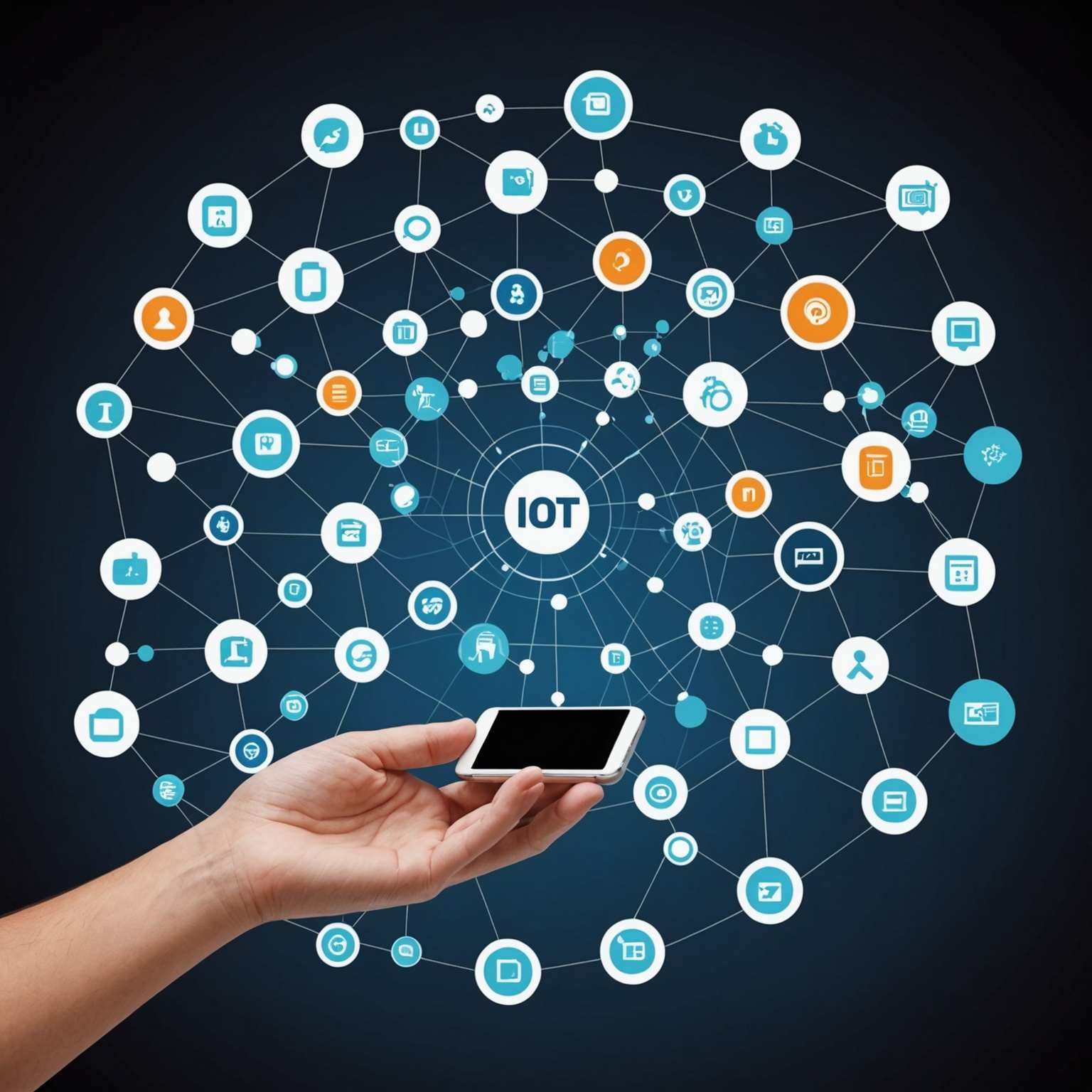
The eventual fate of 5G innovation is naturally connected to the extension of the Web of Things (IoT). 5G's capacity to interface countless gadgets with low idleness and high unwavering quality is critical for the boundless reception of IoT. This innovation will empower brilliant urban communities to turn into a reality, where all that from traffic signals to trash receptacles to streetlamps can be associated and overseen continuously. This network will prompt more productive metropolitan preparation and asset the executives, lessening waste and working on the personal satisfaction for city inhabitants. In the modern area, 5G self control shrewd plants where machines and robots can impart consistently, upgrading fabricating processes and expanding efficiency. In horticulture, IoT gadgets controlled by 5G can screen soil conditions, track animals, and oversee water system frameworks, prompting more proficient and manageable cultivating rehearses. The medical care industry will likewise benefit, with associated clinical gadgets giving ongoing checking of patients' wellbeing, empowering far off diagnostics and customized therapy plans. The development of IoT with 5G will make a more associated and keen world, driving advancement across different areas.
Do you agree?
3
"Independent Vehicles"

Independent vehicles are set to be one of the most groundbreaking uses of 5G innovation. The super low inactivity and high unwavering quality of 5G organizations are fundamental for the protected and productive activity of self-driving vehicles. 5G will empower vehicles to speak with one another and with framework continuously, taking into account facilitated driving, crash aversion, and effective traffic the executives. This innovation will likewise uphold the joining of cutting edge sensors and computer based intelligence frameworks in vehicles, giving the fundamental information to independent driving frameworks to go with speedy and precise choices. The boundless reception of independent vehicles will prompt huge changes in transportation, lessening mishaps brought about by human mistake, facilitating gridlock, and bringing down emanations through additional effective driving examples. Furthermore, 5G will uphold the improvement of vehicle-to-everything (V2X) correspondence, empowering vehicles to connect with traffic signals, street signs, and even walkers, making a more secure and more proficient transportation biological system. As 5G innovation develops, the fantasy of completely independent vehicles working consistently on our streets will turn into a reality.
Do you agree?
4
"Distant Medical care and Telemedicine"

The coming of 5G innovation will significantly affect distant medical services and telemedicine. With its rapid, low-dormancy availability, 5G will make it conceivable to convey excellent clinical consideration to patients no matter what their area. This is especially significant for country and underserved regions where admittance to medical care administrations is restricted. 5G will empower ongoing video interviews with medical care experts, permitting patients to get conclusions and therapy without voyaging significant distances. Also, 5G will uphold the utilization of cutting edge clinical advancements like far off a medical procedure, where experts can carry out methodology on patients from a long ways off utilizing mechanical frameworks. The dependable and quick information transmission gave by 5G is vital to the exact control and checking expected in these situations. Moreover, 5G will improve the capacities of wearable wellbeing gadgets and remote checking frameworks, giving consistent wellbeing information to specialists and empowering proactive administration of ongoing circumstances. The coordination of 5G innovation into medical services will prompt more available, effective, and customized clinical consideration, changing the manner in which we contemplate medical services conveyance.
Do you agree?
LATEST POSTS
- 1
 10 Fundamental Tips and Deceives to Lift Your Cell phone's Exhibition
10 Fundamental Tips and Deceives to Lift Your Cell phone's Exhibition - 2
 Step by step instructions to Boost the Eco-friendliness of Your Smash 1500.
Step by step instructions to Boost the Eco-friendliness of Your Smash 1500. - 3
 Figure out How to Remain Informed about the Most recent Open Record Extra Offers
Figure out How to Remain Informed about the Most recent Open Record Extra Offers - 4
 Find the Captivating Professional flowerbeds of the US
Find the Captivating Professional flowerbeds of the US - 5
 Instructions to Plan for Your Teeth Substitution Methodology
Instructions to Plan for Your Teeth Substitution Methodology
Share this article
 The most effective method to Pick the Ideal Shrewd Bed for Your Special Rest Needs
The most effective method to Pick the Ideal Shrewd Bed for Your Special Rest Needs An Extended time of Careful Nurturing: Individual Bits of knowledge on Bringing up Kids
An Extended time of Careful Nurturing: Individual Bits of knowledge on Bringing up Kids Figure out How to Acquire Rewarding Open Record Rewards
Figure out How to Acquire Rewarding Open Record Rewards The Force of Positive Reasoning: Everyday Confirmations
The Force of Positive Reasoning: Everyday Confirmations Vote in favor of Your Fantasy Vehicle: Which Notorious Model Catches Your Heart?
Vote in favor of Your Fantasy Vehicle: Which Notorious Model Catches Your Heart? From Representative to Business visionary: Private issue Victories
From Representative to Business visionary: Private issue Victories 6 Spending plan 3D Printers with the Best Worth
6 Spending plan 3D Printers with the Best Worth Instructions to Pick the Right Dental Embed Trained professional: An Exhaustive Aide
Instructions to Pick the Right Dental Embed Trained professional: An Exhaustive Aide The Most Notable Design Brands of the 21st Hundred years
The Most Notable Design Brands of the 21st Hundred years
